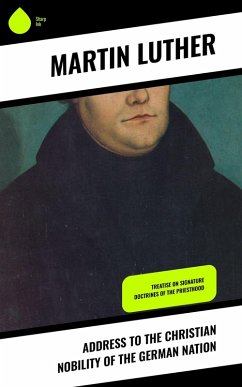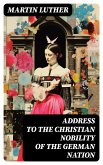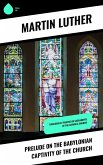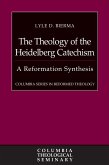In "Address To the Christian Nobility of the German Nation," Martin Luther articulates a formidable critique of the Catholic Church's authority and the socio-political structures of 16th-century Europe. Written in a direct and impassioned style, Luther employs a blend of theological exegesis and pragmatic reasoning, challenging not only clerical institutions but also the laity's complacency in matters of spiritual governance. The text's historical context is pivotal, emerging during the dawn of the Protestant Reformation, as it underscores the urgent need for reform among both clergy and nobility, advocating for a more accessible biblical authority in opposition to the ecclesiastical hierarchy. Martin Luther, a seminal figure in religious history, drew from his own experience as an Augustinian monk and scholar to confront the perceived corruption of the Church. His profound theological convictions and personal struggles with faith and doctrine inspired him to engage the Christian nobility in a dialogue about their responsibilities, inviting them to enact reform through both spiritual and temporal means. Luther's passionate advocacy for a faith rooted in Scripture laid the groundwork for Protestant thought and discourse. This work is essential for readers interested in the interplay between religion and politics, as well as the broader implications of faith in shaping societal structures. Luther's arguments resonate today, inviting contemporary audiences to reflect on the complexities of religious authority and civic duty. A must-read for anyone seeking a deeper understanding of the Reformation and its enduring impact on Christian thought, this address remains a powerful call for accountability and reform.
Dieser Download kann aus rechtlichen Gründen nur mit Rechnungsadresse in A, B, BG, CY, CZ, D, DK, EW, E, FIN, F, GR, HR, H, IRL, I, LT, L, LR, M, NL, PL, P, R, S, SLO, SK ausgeliefert werden.









